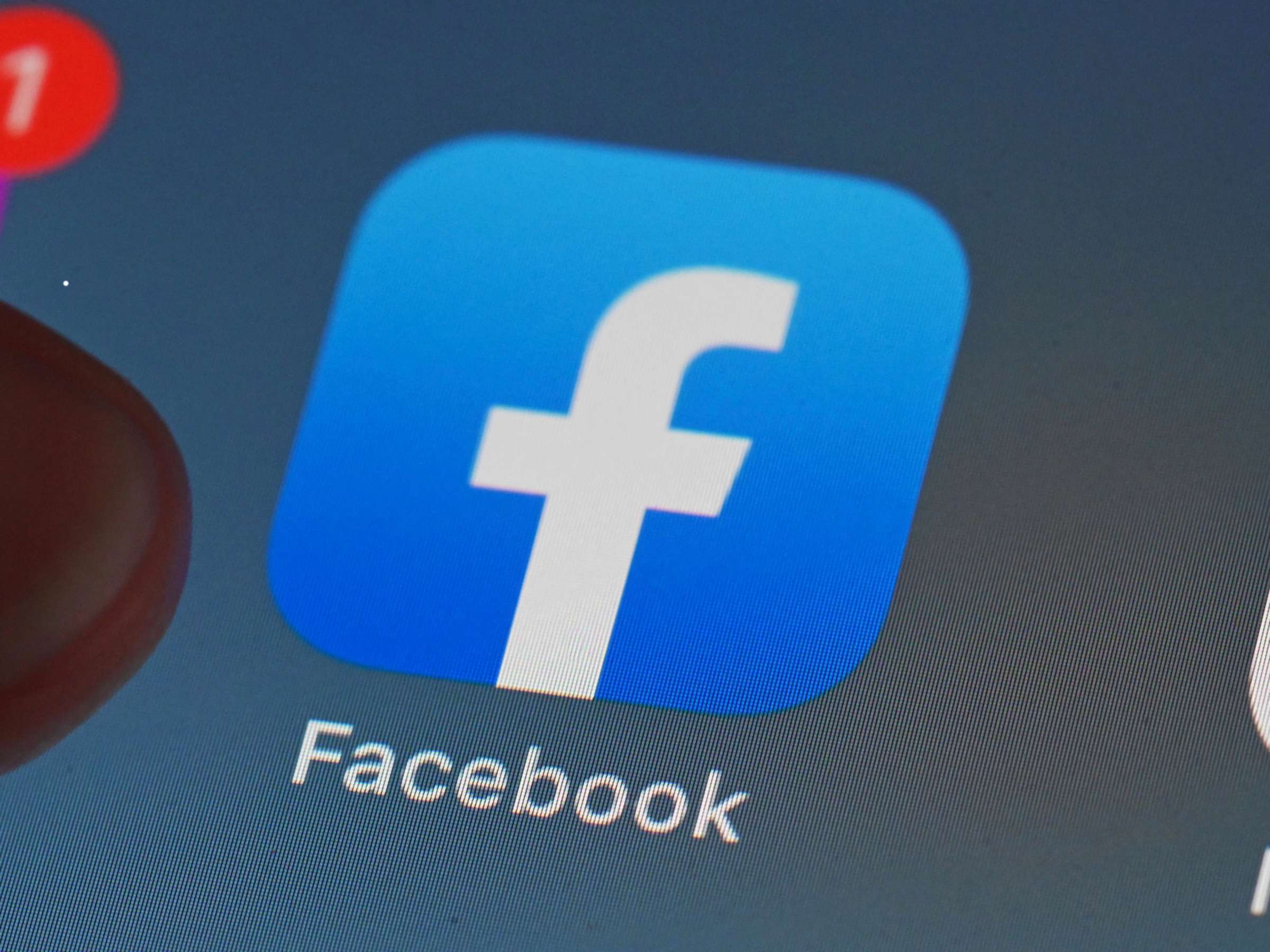According to an internal e-mail, Facebook does not want to actively tackle the problem of data leaks and thus better protect users, but instead declare it to be a problem that is common in the industry. The mail was accidentally opened on a Belgian magazine.
After a data leak with 533 million people affected, Facebook expects further leaks and would like to frame the incident as a problem common in the industry instead of fixing it or informing those affected – although Facebook has known about the data leak for years.
That comes from internal e-mails from which the Belgian magazine “Knack” quotes. The magazine accidentally received the email from Facebook after making a request about the data breach.
Accordingly, Facebook does not want to make any further statements on the subject, because the company expects that the attention of the press for the problem will disappear. “In the long term, we expect more scraping incidents,” said an email sent on April 8 by a Facebook communications officer aimed at the company’s PR staff in EMEA (Europe, Middle East and Africa).
Facebook wants to present scraping as an industry problem
“It is important to define this as an industry problem and to normalize the fact that this happens regularly. To this end, the team is proposing a follow-up contribution in the coming weeks that will go into more detail about our anti-scraping work speaks and offers more transparency about the work done here, “the email continues.
This will reflect much of the scraping activity. It is hoped that this will help prevent criticism of Facebook that the company is not transparent about certain incidents.
A short time later, Facebook sent out a press statement referring to similar data leaks at LinkedIn and Clubhouse: “As LinkedIn and Clubhouse have shown, no company can completely eliminate scraping or prevent such data sets from appearing.” Understand the concerns of the user community, take measures against scraping and prosecute the scraping people.
Facebook subsidiary WhatsApp explicitly enables scraping
Ironically, the Facebook subsidiary WhatsApp does not want to prevent the scraping of the online status, although the problem has been pointed out for years. So it is still not possible to prevent (ex) partners, stalkers or other people from being able to monitor when those affected are using WhatsApp.
During scraping, a lot of information is requested from a service that, in the case of phone numbers on Facebook, was actually not publicly available. Around 9 million people from Germany, Austria and Switzerland are affected by the data leak, including members of the Bundestag and celebrities. In addition to user names, e-mail addresses and telephone numbers, gender, occupation, city, country and relationship status are also part of the data leak.
























